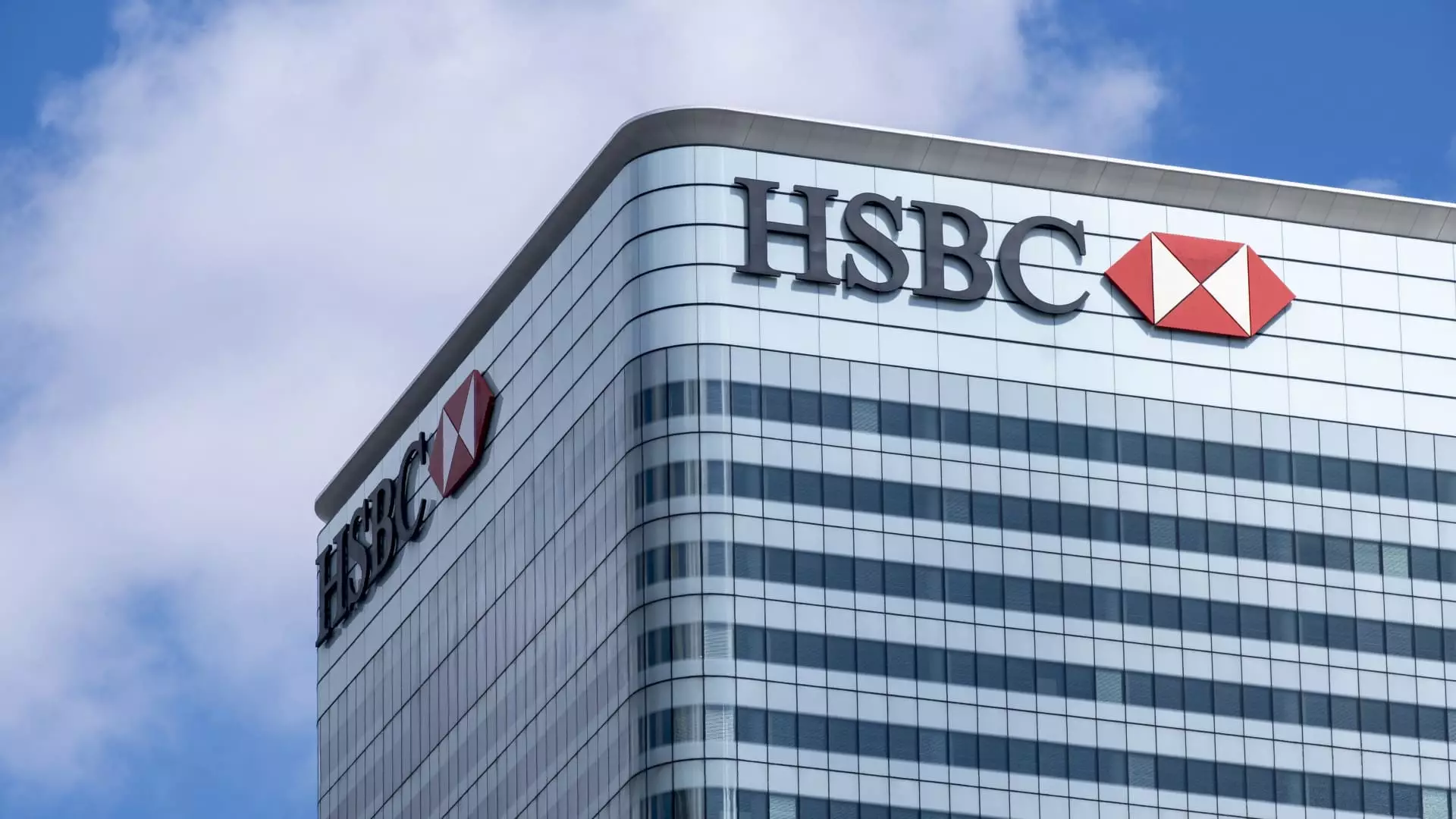In a notable financial revelation, HSBC, Europe’s largest bank, reported substantial third-quarter earnings that surpassed analysts’ expectations. The reported pre-tax profit stood at $8.5 billion, outperforming the anticipated $8 billion, marking a commendable 10% increase compared to the previous year’s profit of $7.71 billion. This rise in profitability aligns with the bank’s strategic focus on its wealth and personal banking divisions, which have shown significant revenue growth. A total revenue of $17 billion for the quarter indicates a healthy 5% increase from $16.2 billion a year earlier, demonstrating HSBC’s resilience amid a fluctuating economic landscape.
HSBC’s announcement of a $3 billion share buyback program is a clear indication of management’s confidence in the bank’s financial health and future prospects. This particular buyback, part of a larger $9 billion initiative announced throughout 2023, showcases HSBC’s strategy to enhance shareholder value. The previous two quarters each saw a $3 billion repurchase, reflecting a consistent commitment to returning capital to its investors. Additionally, the board has approved a third interim dividend of $0.1 per share, further emphasizing the bank’s confidence in sustaining its dividend policy even amidst challenges.
While the earnings report celebrated a robust profit increase, some lingering concerns were evident. The bank’s net interest margin—a critical indicator of lending profitability—fell by 24 basis points to 1.46%, disappointing analysts who had projected an average of 1.56%. This decline underlines potential headwinds in the interest rate environment and pressures on profit margins that could impact future performance. Nevertheless, basic earnings per share climbed from 29 cents to 34 cents year-over-year, signaling stronger earnings power despite the dip in interest margins.
Alongside its impressive financial results, HSBC unveiled a strategic restructuring plan aimed at refining its operational efficiency. The bank will transition into four distinct business units: Hong Kong, U.K., International Wealth and Premier Banking, and Corporate and Institutional Banking. This move, facilitated by the appointment of its first female finance chief, seeks to simplify operations by reducing duplicated processes and fostering quicker decision-making. HSBC’s commitment to becoming a more agile organization is a critical step towards better positioning itself in an increasingly competitive global banking landscape. Transitioning to this new structure in January is poised to create an organization that is adaptable and responsive to the complexities of modern banking.
HSBC’s recent earnings reveal and strategic moves reflect an institution attuned to both its current strengths and its future challenges. While the notable profits and shareholder initiatives indicate a solid foundation, the bank’s vigilance regarding profit margins and its commitment to operational efficiency are equally vital. By navigating these complexities with forward-thinking strategies, HSBC reinforces its objective to secure sustained growth and enhanced shareholder value in the years to come. As the banking giant embarks on this transformative journey, stakeholders will closely monitor its progress and market responsiveness in the upcoming periods.

